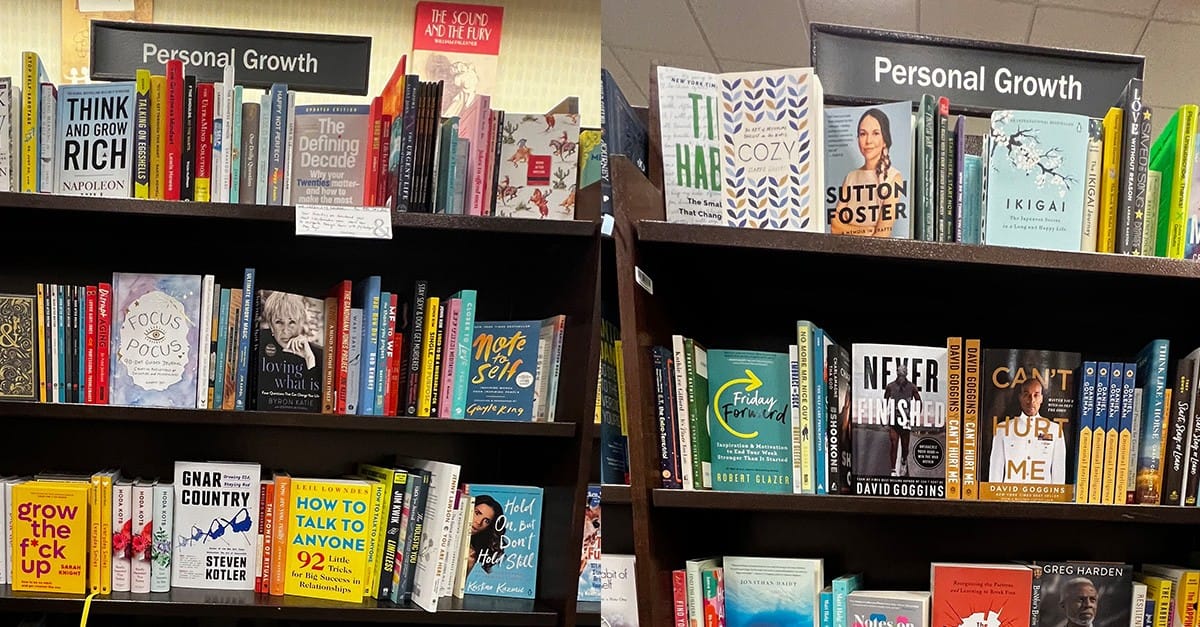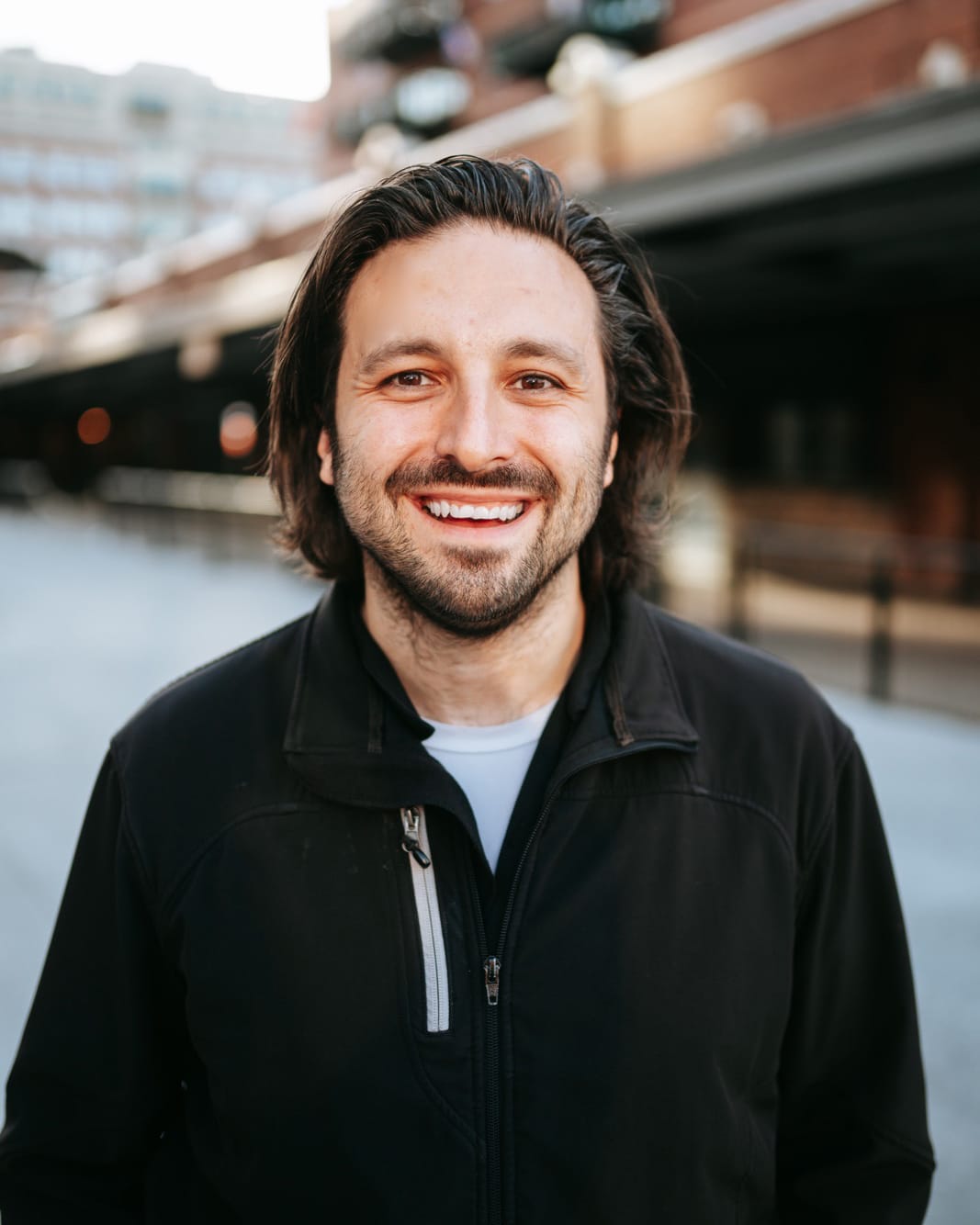We can't always self-help our way to the answers we need

I love the self-help section. (Your bookstore might call it personal growth now.) It's the first place I head to when I get to the bookstore.
The self-help section in any bookstore is packed to the gills with things you can do, by yourself, to improve your life. Personal practices, personal habits, personal motivation... just follow the steps in this book to achieve the growth you seek!
But research shows the most effective ways of improving your mental, emotional, and... yes... even physical health involve meaningful connection with other people. It's not just a matter of willing yourself into better habits—many of us need the support of others to achieve the growth we are looking for. That just isn't the focus of the vast majority of those books.
In the self-help section, you'll find endless reinforcement of the culture of rugged individualism that got us into so much trouble in the first place. How should we expect to get out of a tough situation if everything we're reading ignores what got us there in the first place?
When I go to a bookstore now, I can't help but dream of a new section—next to the current one, small at first, but growing over time.
Next to self-help: social help.
If your bookstore uses "personal growth," we can call it "social growth." I prefer it.
Social Growth.
The books for this shelf are already growing, with brand new books coming out this year from Kasley Killam, MPH ("The Art and Science of Connection") and Ruth Westheimer ("The Joy of Connections"), New York's recently anointed loneliness ambassador. Recent books, like Nick Gray's Two Hour Cocktail Party, would slot right in there quite nicely.



How cool would it be if we had more books that inspired us to nurture our sense of connection to others and the world around us? If we had handy guides to hosting parties, organizing clubs, coordinating volunteer activities?
How fun would it be to read a book on how to revive a sense of community in your neighborhood? Or how to make participation in civic society exciting and fun? Or stories of the amazing spaces, clubs, and people who have broken the individualistic norms and built amazing communities in their hometowns?
How many of our self-help goals would we actually achieve if we didn't try to achieve them by ourselves?
I'd like to find out.
One day I'd like to contribute to that shelf.
Bit by bit, I believe we'll get there.

 Tony Bacigalupo
Tony Bacigalupo